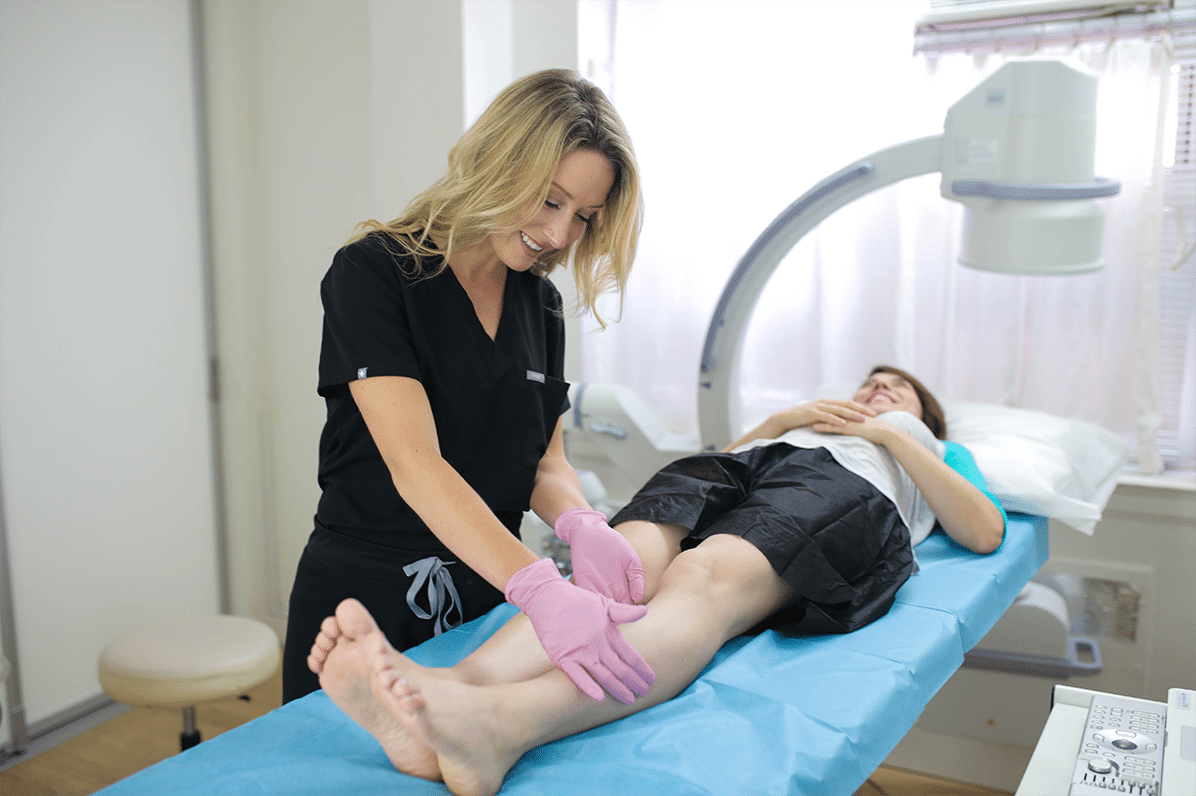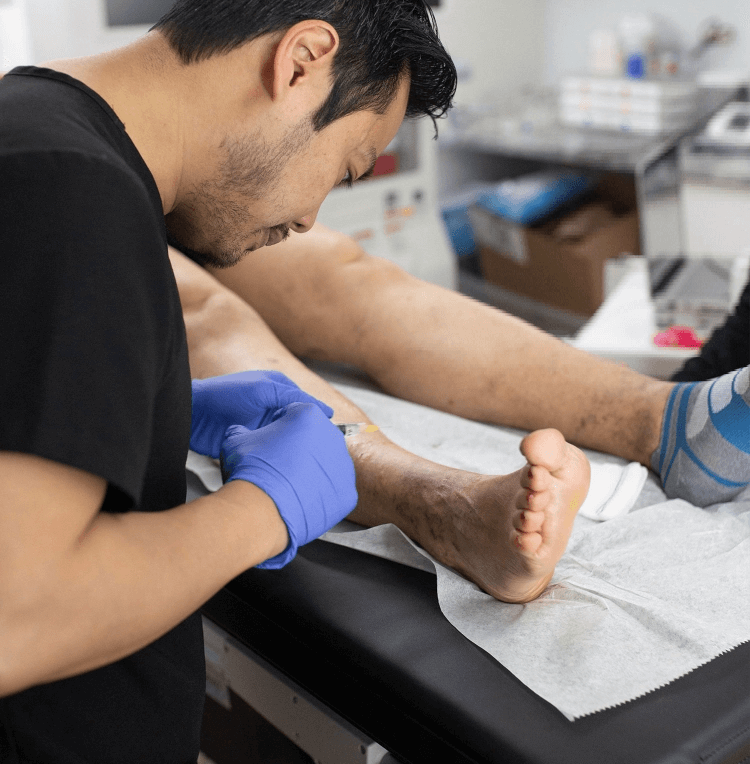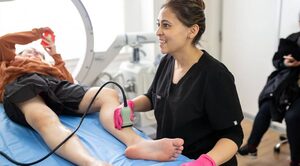Understanding Varicose Veins and Your Options for Treatment
Body
Varicose is a disease where blood vessels become swollen and twisted, making them visible from the skin's surface. It mainly occurs due to the valves' dysfunction in the veins. In most cases, these valves act in a way that allows the blood to flow toward the heart and does not allow the blood to flow in the opposite direction. However, in the case of varicose veins, blood stagnates or flows in the opposite direction, which causes one to experience discomfort and have visibly enlarged veins. Although the disease of varicose veins is not pleasant, it does not prevent everyone from having at least mild symptoms, and each knows how to cope with this disease with the help of simple remedies such as exercising or lifting the legs.
There are different types of surgeries for varicose veins, and some of them are the following:
There are several surgical and non-surgical varicose vein treatments for those who need more than home treatment.
These treatments range from invasive surgeries to modern laser therapies:
1. Vein Ligation and Stripping:
This is a conventional way of treating varicose veins through anesthesia to allow surgery cuts and then slice through the veins to be tied. In severe conditions such as varicose eczema or trophic ulcers, a person is advised to use this medicine. This approach assists in ligating or occluding the affected veins to enhance blood circulation.
2. Endovenous Laser Therapy (EVLT):
This non-surgical procedure employs a laser to seal affected unwanted veins. One procedure is based on ultrasound imaging, which introduces laser fiber into the vein. The laser then strips away the vein's lining, and the material thus stripped off is swept away from the body. The procedure is also characterized by a short recovery period and a lack of associated severe pain.

3. Transilluminated Powered Phlebectomy (TIPP):
Finally, in this procedure, the endoscopic transilluminator looks like a light that shines on the veins. The surgeon employs this light to remove veins by applying minor cuts, which in turn utilize a suction tool. This method is more useful for eliminating visible veins and is less invasive than the existing methods.
Insurance and Varicose Vein Surgery
How much does varicose vein treatment cost? Normally, varicose veins may cost between $400 to $13,000 per procedure without insurance. The availability of health insurance for varicose vein surgery may also differ based on the following factors:
Most insurance companies may cover the costs under specific conditions.
● Presence of Severe Symptoms:
Ending is usually possible if you have serious signs such as sharp leg pain, swelling, feeling of the leg’s weight, leg ulcers, blood clots, or bleeding veins.
● Impact on Daily Activities:
If varicose veins incapacitate one from performing his or her usual tasks or functions in life, insurance may compensate for surgery.
● Ineffectiveness of Self-Treatment:
If non-prescriptive treatments and over-the-counter medication do not help your health, insurance might cover treatments.
● Medical Indications:
It may be covered where medical records indicate the client has complications such as venous reflux disease or other related conditions linked with varicose veins.

What Insurance Might Pay for?
Health insurance policies for varicose vein surgery typically include:
● Pre- and Post-Hospitalization Expenses: Expenses incurred for medical treatment that the injured party needed before and after the surgery.
● Surgeon and Anesthetist Fees: Fees relating to the procedure done by the surgeon and anesthetist.
● ICU Charges: Any incidental charges in the course of treatment particularly if admitted in the Intensive Care Unit.
● Ambulance Fees: Co-travel to and from the hospital: all costs incurred regarding fares on reaching the hospital and returning home.
● In-Patient Treatment: Insurance is taken for any services received in the hospital and related services.
● Domiciliary Treatment: Some policies may also include treatment administered at home in some situations.
I hope you will know now, “Are varicose veins covered by insurance?” or not.
Conclusion:
Even though varicose veins are not a lethal condition, they can bring a lot of pain and may harm the patient’s quality of life. Some of the self-treatments that many people use include loose dressing codes, massages, especially on the legs, and modification of diets. However, varicose vein surgery may be needed if these methods do not work well enough. Health insurance can alleviate the burden of spending money on different surgeries, but one needs to appreciate the policy to see what the insurance covers. You must double-check with your insurance provider so that you are well aware of any extra charges that you might incur.












Comments